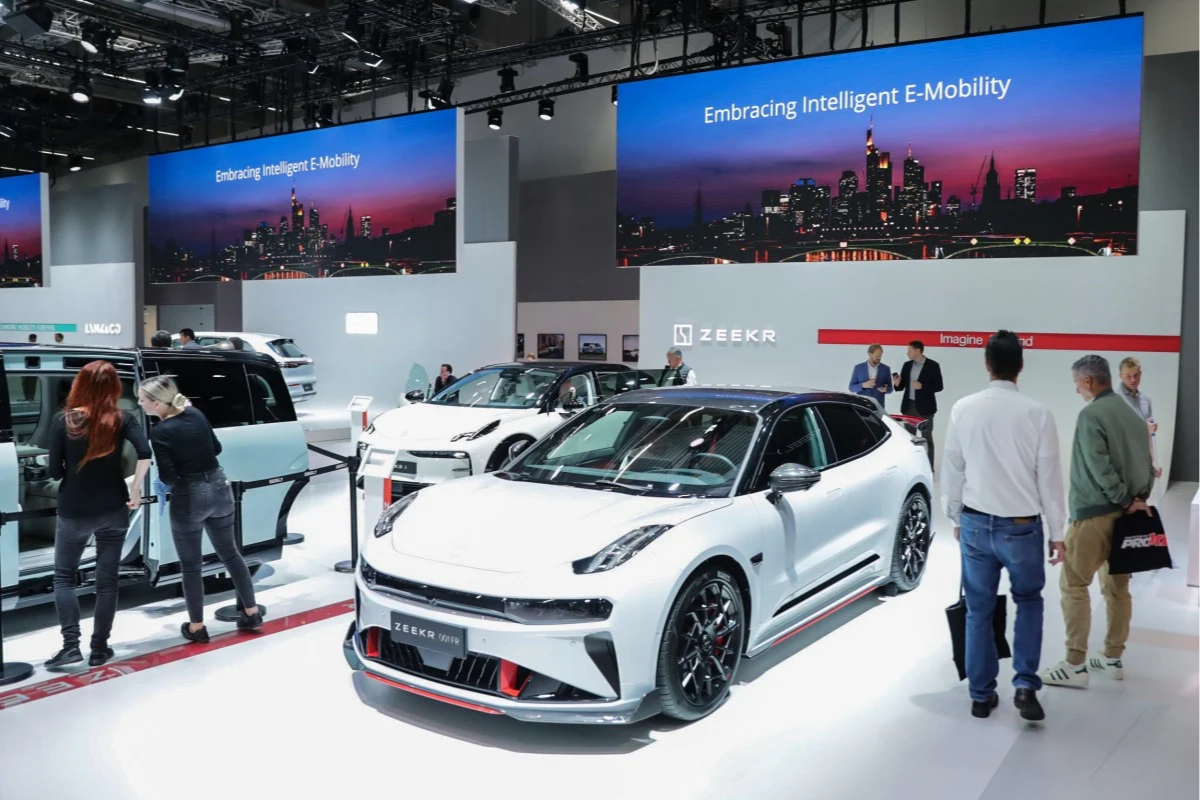A Chinese trade delegation has arrived in Germany to discuss automotive trade issues following recent tariff disputes and political tensions. The visit, which began on February 25, aims to address concerns over market access, subsidies, and potential trade restrictions affecting both countries.
“The auto industry is a key area of cooperation between China and Germany,” a Chinese trade official said. The delegation includes representatives from China’s commerce ministry and major automakers such as BYD and Geely.
Germany is China’s largest European trading partner, with a strong focus on the automotive sector. German brands like Volkswagen, BMW, and Mercedes-Benz rely heavily on the Chinese market for sales and production.
Tensions have risen over EU concerns that Chinese electric vehicle (EV) makers receive excessive government subsidies. The European Commission launched an investigation in 2023, raising the possibility of tariffs on Chinese EV imports.
China has warned that such tariffs could lead to retaliatory measures. Officials argue that Chinese EVs are competitive due to advanced technology and efficient production, not unfair subsidies.
“The global auto market must remain open and fair,” a Chinese commerce ministry spokesperson said. He emphasized that trade restrictions could harm both Chinese and European automakers.
Germany has taken a more cautious approach compared to other EU nations. German carmakers fear that higher tariffs on Chinese vehicles could disrupt supply chains and lead to countermeasures affecting their sales in China.
Volkswagen and BMW have invested heavily in China, operating joint ventures with local manufacturers. Any restrictions on trade could hurt their long-term growth in the world’s largest auto market.
Some German officials support stricter trade policies to protect Europe’s auto industry. They argue that Chinese EV makers benefit from state-backed loans and energy subsidies, creating unfair competition.
“The EU must defend its industrial base,” a German lawmaker said. He urged policymakers to ensure fair competition while maintaining strong economic ties with China.
The talks in Berlin will cover key issues such as trade policies, investment protections, and supply chain cooperation. Both sides hope to prevent a full-scale trade conflict that could damage business relations.
European automakers have expressed concerns about China’s dominance in battery production. China controls much of the global supply chain for lithium, a key material in EV batteries.
Germany has been pushing for greater investment in European battery production to reduce dependence on Chinese suppliers. The EU has also introduced subsidies to support local EV manufacturing.
China remains the world’s largest market for electric cars, with over 50% of global EV sales. European manufacturers see China as crucial for their future growth despite rising competition from local brands.
Chinese automakers such as BYD and Nio have aggressively expanded in Europe, offering cheaper alternatives to Western EVs. Their success has increased pressure on European carmakers to accelerate their transition to electric mobility.
Germany’s government has urged the EU to take a balanced approach in trade negotiations. Officials want to avoid policies that could provoke retaliatory measures from Beijing.
“The auto sector is too important for both sides,” a German trade expert said. He noted that cooperation is needed to maintain economic stability in both markets.
Despite trade tensions, China and Germany continue to seek investment opportunities. Several Chinese battery firms have announced plans to set up factories in Europe to meet growing demand.
The outcome of these trade talks will shape the future of the auto industry in both countries. The next steps in EU-China trade relations will be closely watched by global markets.
For now, automakers and policymakers are waiting to see whether diplomatic efforts can prevent a major trade dispute. The coming months will determine if a resolution is reached or if further tensions emerge.




